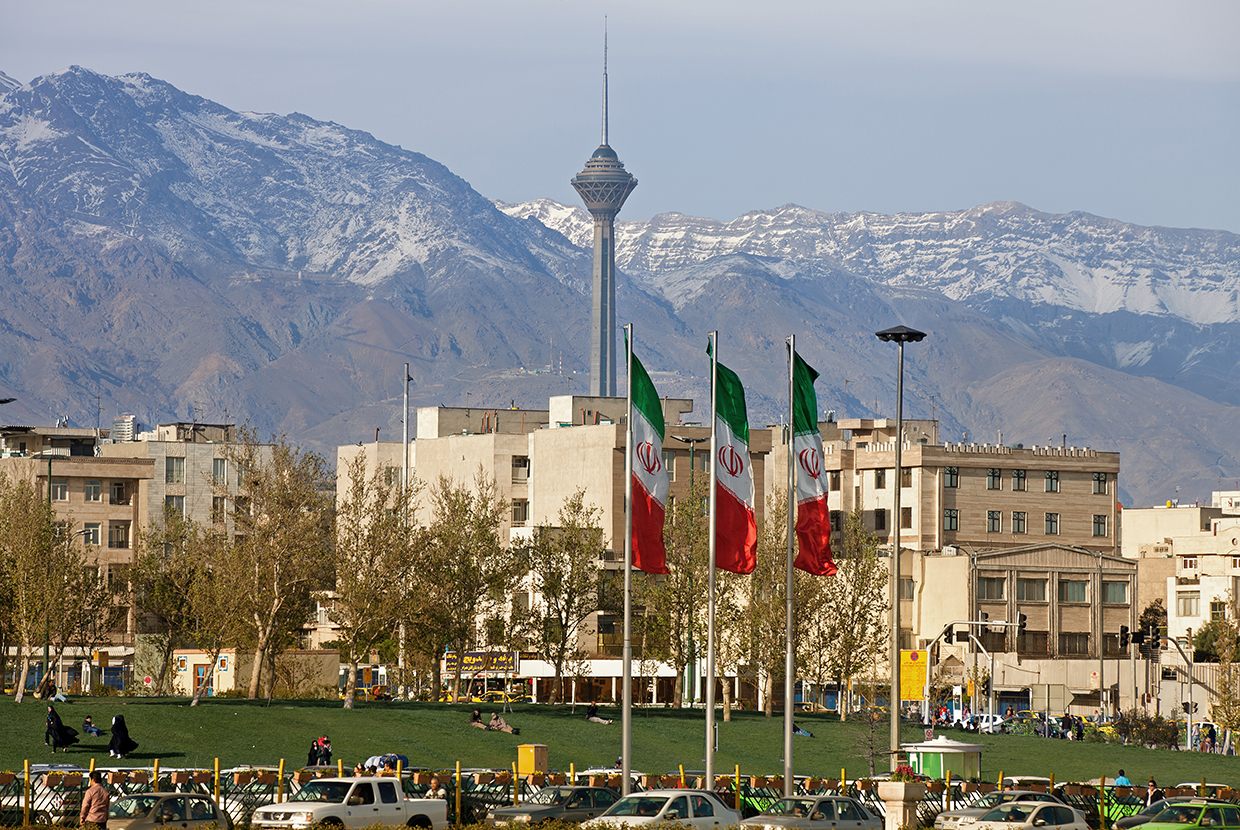Japanese trading conglomerate Sojitz has been hit with a multi-million dollar fine by US authorities after wayward employees secretly traded Iranian-origin goods in violation of economic sanctions on the country.
Sojitz’s Hong Kong subsidiary agreed to pay US$5.2mn to settle allegations by the US sanctions enforcement agency, the Office of Foreign Assets Control (OFAC), that it routed payments for Iranian-origin high-density polyethylene resin (HDPE) through US financial institutions. The material is used in plastics production.
A settlement notice published by OFAC on January 11 says that “employees acting contrary to companywide policies and procedures” purchased 64,000 tonnes of Iranian HDPE from an unnamed supplier in Thailand, which were then shipped to Sojitz’s buyers in China.
Sojitz, listed on the Tokyo stock exchange, is a trading giant also involved in financing, manufacturing and project development.
Between 2016 and 2018 Sojitz transferred US$75.6mn from its Hong Kong bank to the supplier’s bank in Thailand as payment for the goods, according to OFAC’s notice. Neither financial institution is named in the document.
The unidentified Sojitz employees responsible for the trading activity concealed the goods’ Iranian origins when making the wire transfers despite being “explicitly and repeatedly advised that they could not make US dollar payments in connection with Iran-related business transactions”, according to the notice.
“To circumvent company policy, the noncompliant employees omitted the HDPE’s Iranian country of origin information from relevant transactional documents, including by requesting that the Thai supplier make no reference to Iran on the bills of lading,” the notice reads.
The concealment meant the US correspondent banks for both the Thai and Hong Kong financial institutions allowed the payments, contrary to US sanctions.
The fact the goods were manufactured in Iran was also hidden from Sojitz’s senior management and compliance staff, who were told that they were produced in Thailand.
The US has a comprehensive sanctions programme targeting the Iranian economy over accusations Tehran is developing nuclear weapons and supporting terrorist activity in the Middle East and beyond. Many were lifted after the 2015 nuclear accord but were reimposed by then-US President Donald Trump two years later.
Some of the toughest sanctions target Iran’s petrochemical sector, the country’s top export earner.
OFAC says the Sojitz trade transactions violated a section of the Iranian Transactions and Sanctions Regulations that prohibit payments that “evade or avoid” sanctions.
OFAC says one of the aggravating factors in the case is that “Sojitz Hong Kong is a sophisticated offshore trading and cross-border trade financing company with ready access to experience and expertise in international trade, investment, financing, and sanctions compliance”.
But in considering the settlement amount it also noted that the trading was carried out without the knowledge of senior management and that Sojitz voluntarily disclosed the breach to OFAC, co-operated fully with the agency’s investigation subsequently and had no prior history of sanctions violations.
OFAC deemed the violations “non-egregious” and afforded the firm a steep discount on a possible maximum penalty of US$151mn.
The company fired the employees involved – one of whom had a “mid-level managerial position” – and enhanced its sanctions compliance programme, the notice says.
OFAC says the case is an example of why “US and foreign companies should conduct robust risk assessments to identify activities that pose greater sanctions risks, including of their supply chains, products, and services, and institute appropriately tailored risk-based procedures designed to minimise violations, including the ability of ‘rogue’ employees to circumvent internal controls”.
In a statement to GTR, Sojitz says “OFAC’s release captures the salient details of the event in question such that we do not have any additional comments. We are continually improving our policies and procedures to comply with relevant laws and regulations, including those with respect to sanctions.”
OFAC has previously targeted companies in China, Singapore and the United Arab Emirates alleged to have done business with Iranian oil producers and traders.
In August last year Romanian lender First Bank and its US private equity owner JC Flowers paid US$860,000 to settle OFAC allegations it had violated sanctions on Iran and Syria by facilitating over US$3mn in trade transactions involving parties in both countries.







